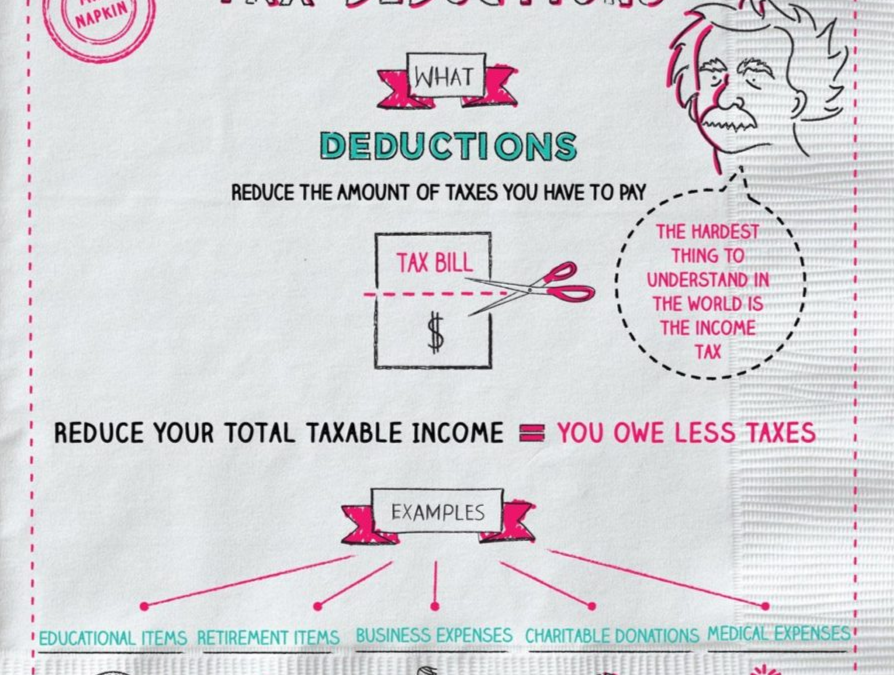Interest on a loan is a valuable tax deduction, but it’s not always deductible. Make sure to check the rules for your specific situation.
Not all interest paid on a loan is tax-deductible, and the rules for deducting interest differ depending on whether the funds are utilized for personal, commercial, or business purposes. Interest expense can fall into any of the following categories:
Interest Expenses
- Personal interest is not deductible. Typically this includes interest from personal credit card debt, personal car loan interest, home appliance purchases, etc.
- Home mortgage interest – is the fee paid to acquire, build, or substantially improve a taxpayer’s primary house or second home. It is known as acquisition debt. The debt must be secured by the property bought, built, or improved for the interest to be deductible. For Debt Incurred Before 12/16/2017 – the debt for which the interest is deductible is limited to $1,000,000 ($500,000 for married separate), and for Debt Incurred After 12/15/2017 – the deductible is $750,000 ($375,000 for married separate). Qualified home security for debt payment is one in which the taxpayer signs a mortgage, deed of trust, or land contract that secures their property ownership. If the taxpayer can’t repay the loan, their house can be utilized as a payment to satisfy it.
- Passive activity interest it’s generally only deductible if active income from passive activities exceeds expenditures from those activities. Real estate rentals are the most typical passive activities. For taxable activities connected with renting real estate, there is a $25,000 exemption for individuals who are neither active nor material participants in the rental. For taxpayers with adjusted gross income between $100,000 and $150,000, the allowance phases out at a rate of $5,000 per year.
- Trade or business interest is any interest charged to a company’s account that represents activities in which the taxpayer materially participates. This sort of interest can generally be entirely deducted as a business cost.
The IRS has distinct rules to allocate interest costs across the categories due to the many restrictions on interest deductions. These “tracing regulations,” as they are known, are generally based on the loan proceeds’ usage. Using “follow the money” to trace disbursements of debt funds to particular expenditures allows us to allocate debts.
Because of these tracing rules on interest deductions, as well as the restrictions imposed by the various types of interest, certain conclusions may be surprising.
Here are a few examples:
Example 1: Chris borrows money via a home loan and uses the cash to refinance his rental loan and buy a car for personal use. When calculating vehicle expenses, he must distinguish between rental and personal interest; even though the business property secures the loan, the personal loan interest portion is not deductible.
Example 2: Chris obtains a $50,000 loan secured by his house to use in his consultancy firm. The $50,000 is placed into a checking account that he only uses for his business. Since we can demonstrate how Chris spent the money, he may deduct the interest as a business cost.
Example 3: Chris is a homeowner who wants to acquire a second house as his residence and borrows money on the rental property to buy the home. Because the funds were not used to purchase the rental, interest on the loan may not be deducted as rental interest under tracing rules. The funds may be linked to the taxpayer’s house purchase. However, to be deductible as home mortgage interest, the debt must be secured by the property, and it is not. As a result, no part of the interest is deductible.
It’s critical to think carefully about your financing choices and interest deductions, mainly when one asset’s equity is used to finance another.
Let’s Talk!
->Schedule Your Free Assessment Here<-
Once you’ve scheduled, please reply with “confirmed.”


